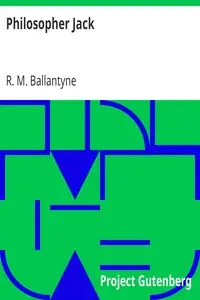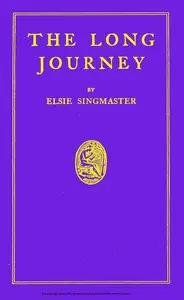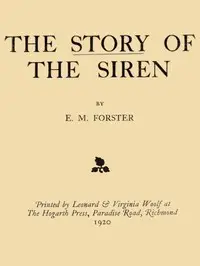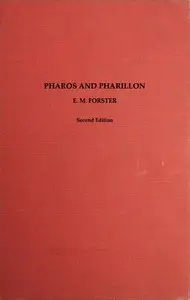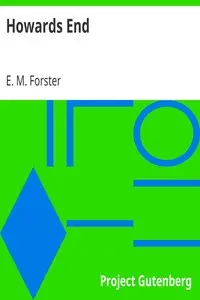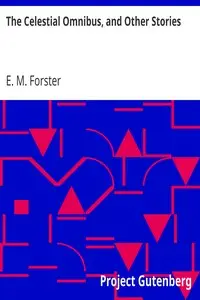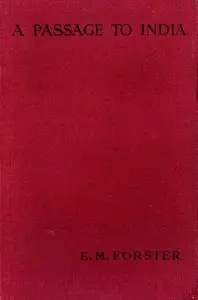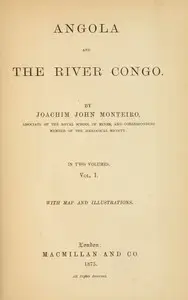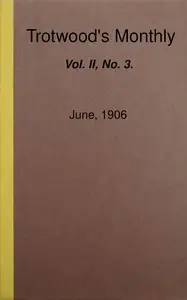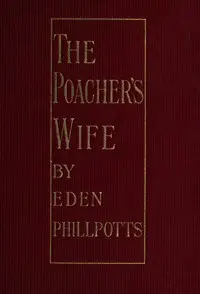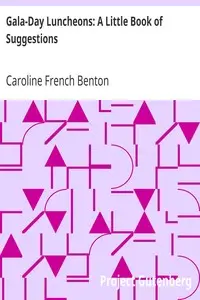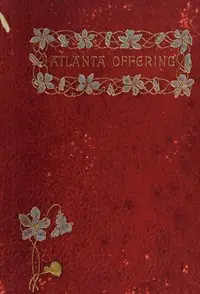** "The Longest Journey" by E. M. Forster is a story set in the early 1900's that follows a young man named Rickie Elliot as he struggles to find his place in the world at Cambridge University. The story looks at big ideas like who we are, thinking about life, and how we connect with others. At the start, Rickie and his friends have a lively debate about whether a cow exists, as a way of thinking about what's real and what's just in our heads. Rickie feels lost and unsure, choosing to watch instead of joining in, as others passionately debate ideas. Enter Agnes Pembroke, who shows up unexpectedly, making things even more complicated. These first meetings give us a peek into the confusing world of relationships and friendships among college students. Even though there's laughter and good times, you can feel Rickie's struggle to figure out who he is and where he belongs as he faces pressures from others and himself. The start of the novel sets the scene for a deeper look into Rickie's journey of finding himself and the difficulties he will encounter. **
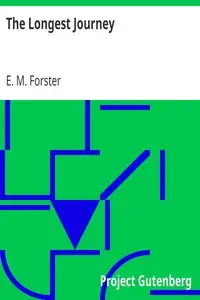
The Longest Journey
By E. M. (Edward Morgan) Forster
** Amidst philosophical debates and unexpected romance, a young man at Cambridge grapples with identity and belonging as he confronts life's biggest questions.
Genres
Released
2001-04-01
Formats
epub (images)
epub
mobi (images)
mobi
epub3 (images)
txt
Free Download
Summary
About the AuthorEdward Morgan Forster was an English author. He is best known for his novels, particularly A Room with a View (1908), Howards End (1910) and A Passage to India (1924). He also wrote numerous short stories, essays, speeches and broadcasts, as well as a limited number of biographies and some pageant plays. He also co-authored the opera Billy Budd (1951). Many of his novels examine class differences and hypocrisy. His views as a humanist are at the heart of his work.
Edward Morgan Forster was an English author. He is best known for his novels, particularly A Room with a View (1908), Howards End (1910) and A Passage to India (1924). He also wrote numerous short stories, essays, speeches and broadcasts, as well as a limited number of biographies and some pageant plays. He also co-authored the opera Billy Budd (1951). Many of his novels examine class differences and hypocrisy. His views as a humanist are at the heart of his work.
Total Reviews
10.0k
Total reviews from Goodreads may change






